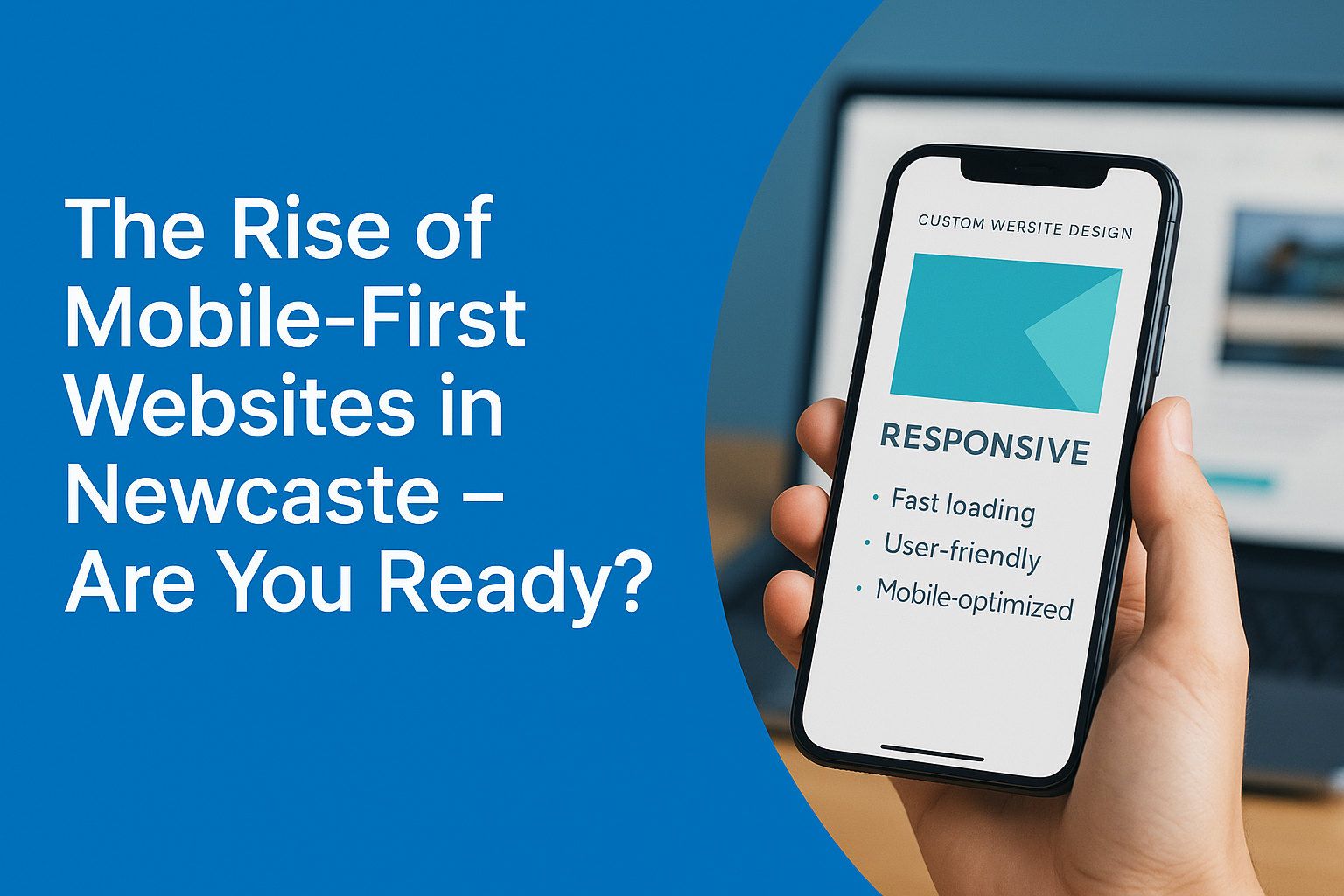- sales@robatodigitals.com
- 124 Westwood Dr, Burnside VIC 3023
How To Measure The ROI Of Your SEO Campaigns – Things You Need To Know

How To Measure The ROI Of Your SEO Campaigns – Things You Need To Know
Measuring the return on investment (ROI) of your SEO campaigns is essential to gauge the effectiveness and value of your efforts. SEO, being a long-term strategy, requires careful tracking and analysis to ensure you're achieving your goals. Here are eight crucial things you need to know to measure the ROI of your SEO campaigns effectively:
Set Clear Goals:
Establish specific goals for your SEO campaigns before measuring ROI. These goals include increasing organic traffic, improving keyword rankings, boosting conversion rates, and enhancing brand visibility. Having well-defined objectives will help you measure success accurately.
Track Organic Traffic:
Monitor the increase in organic traffic to your website. Tools like Google Analytics allow you to track the number of visitors, pages visited, and traffic sources. Compare these metrics before and after the SEO campaign to determine its impact.
Keyword Rankings:
Regularly track the rankings of your target keywords in search engine results pages (SERPs). SEO tools like SEMrush, Ahrefs, or Moz can help you monitor keyword positions. Improved rankings for relevant keywords indicate the effectiveness of your SEO efforts.
Conversion Tracking:
Install conversion tracking on your website to monitor specific actions visitors take, such as form submissions, purchases, or sign-ups. Link these conversions to your SEO campaigns to determine how well they drive valuable actions.
Bounce Rate and Dwell Time:
Analyze the bounce rate (percentage of visitors who leave after viewing only one page) and dwell time (time visitors spend on your site). Lower bounce rates and longer dwell times suggest that visitors find your content engaging and relevant, positively impacting SEO.
Backlink Analysis:
Assess the quality and quantity of backlinks your website receives. High-quality backlinks from reputable sources can boost your website's authority and SEO performance. Tools like Moz's Link Explorer or Ahrefs can help you analyze your backlink profile.
Conversion Rate and Revenue:
Calculate the conversion rate of organic traffic, which measures the percentage of visitors who complete a desired action. Compare the conversion rates before and after your SEO efforts to determine their impact on generating revenue.
Cost Analysis:
Calculate the total cost incurred for your SEO campaign, including expenses for tools, content creation, link building, and personnel. Compare this cost with the organic traffic, conversions, and revenue gains to assess the campaign's ROI.
Time Frame:
Consider the time frame over which you're measuring ROI. SEO results take time to materialize, so analyze data over a reasonable period, typically three to six months, to account for fluctuations and trends.
Attribution Models:
Understand how different attribution models affect your ROI calculations. SEO might contribute to various touchpoints along the customer journey, so use multi-touch attribution models to distribute value accurately.
Benchmarking:
Benchmark your SEO performance against industry standards and competitors. This gives you context for evaluating the success of your campaigns and identifying areas for improvement.
Account for Variables:
Recognize that other factors like seasonality, algorithm updates, and external market conditions can influence your results. Analyze trends and correlate changes to external factors to comprehensively view your ROI.
Continuous Monitoring:
SEO is an ongoing effort. Continuously monitor and analyze your metrics to identify trends, patterns, and areas that need optimization. Regularly tweak your strategy based on the insights gained.
ROI Calculation:
To calculate ROI, use the formula: (Gain from Investment - Cost of Investment) / Cost of Investment * 100. This gives you a percentage that represents the ROI of your SEO campaign.
Measuring the ROI of your SEO campaigns requires a comprehensive approach that considers various metrics and factors. By focusing on these aspects, you can accurately evaluate the impact of your SEO efforts and make informed decisions to optimize your campaigns for better results.







